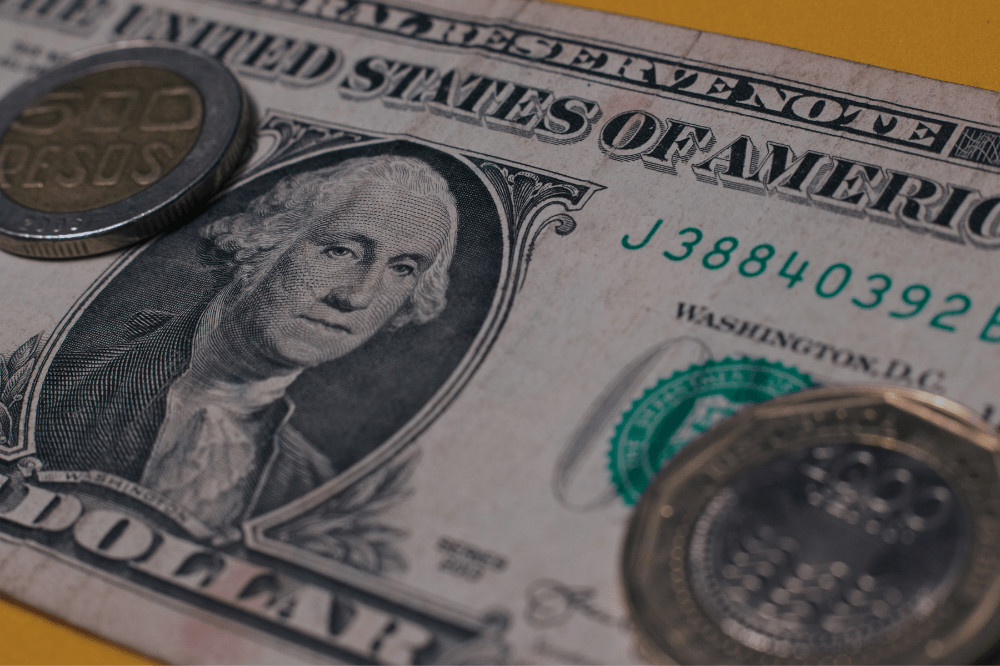When banking, you have probably stumbled upon the dilemma of Checking vs. Savings Account. Do you know which one is right for you? Find out!
When delving into the personal finance scenery, you end up stumbling upon many dilemmas, one of them raises quite a lot of interest among people and it is: Checking vs. Savings Account. These are the two main types of accounts everybody should consider.
However, do you know what each of them are? Do you know their differences, how they work and which one is the right for you? That’s what we are going to talk about! Also, if you want to check out more financial tips on our website, you can click on this link!
Checking vs. Savings Account: What Is The Difference?
What Is a Checking Account?
It’s a bank account that allows you to receive deposits and make payments, offering easy access to your money for everyday transactions. Checking accounts typically come with debit cards, which function like electronic checks for making purchases at stores and withdrawing cash from ATMs. Additionally, you can write checks and pay bills or transfer funds online or through an app.
Key Differences:
- Easy Access To Funds;
- For Everyday Spending;
- Debit Cards;
- Write Checks;
- Online Banking And Bill Payment.
What Is a Savings Account?
It is designed for accumulating money and earning interest. Unlike checking accounts intended for everyday spending, savings accounts tend to discourage frequent withdrawals by limiting them, once its purpose is to let your money sit there until you need it for goals or emergencies. However, keeping your savings parked allows you to earn higher interest rates, which helps it grow over time. And, aside from the usual one, there are high-yield savings accounts available that work like regular savings but offer even higher interest rates.
Key Differences:
- Earn Higher Interest Rates;
- For Accumulating Money;
- Limited Withdrawals.
How Much Money Should You Keep in Your Checking Account?
The amount will depend on your individual spending habits and income. So, here are some things you should consider:
- Monthly Expenses: check your budget to see how much money comes in and goes out of your account each month. Estimate your regular monthly bills and living expenses to determine how much you need readily available;
- Minimum Balance Requirements: some accounts require you to maintain a minimum balance or an average daily balance to avoid fees;
- Buffer For Unexpected Costs: include a buffer in your checking account to cover unexpected expenses like car repairs or medical bills. This can help you prevent overdraft fees.
What Do You Need to Open a Checking or Savings Account?
Although the requirements can vary slightly between banks and credit unions, they usually include:
- Valid Government-Issued ID, such as a Driver’s License, Military Identification Card, State Identification Card, or Passport;
- Social Security Number or Taxpayer Identification Number;
- Proof Of Address, such as a utility or other bill showing your home mailing address;
- Personal/Financial/Employment Informations.

